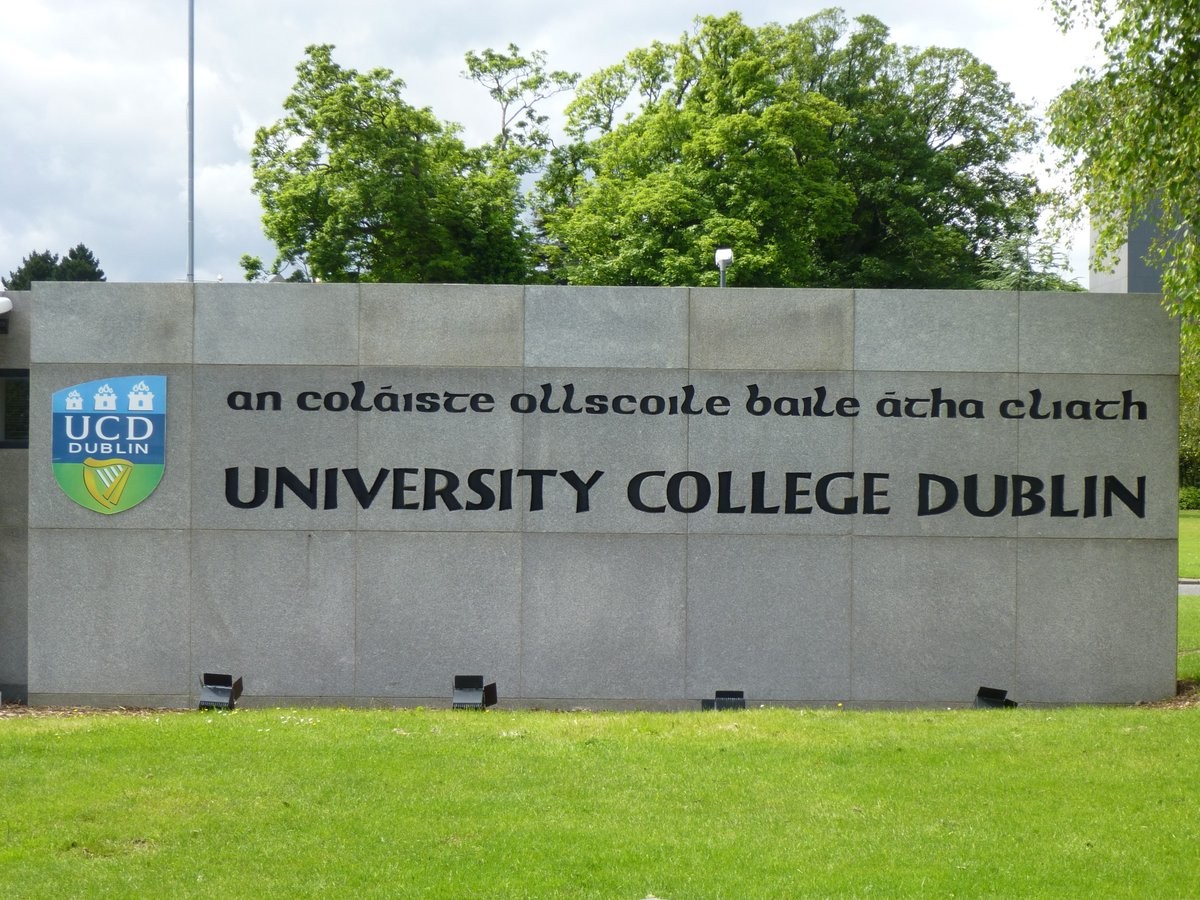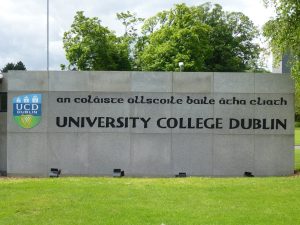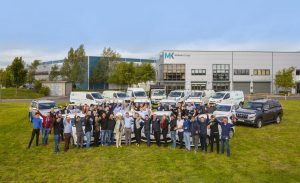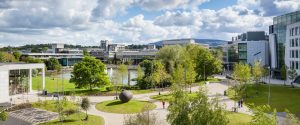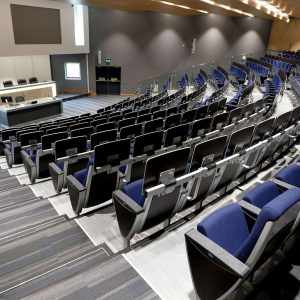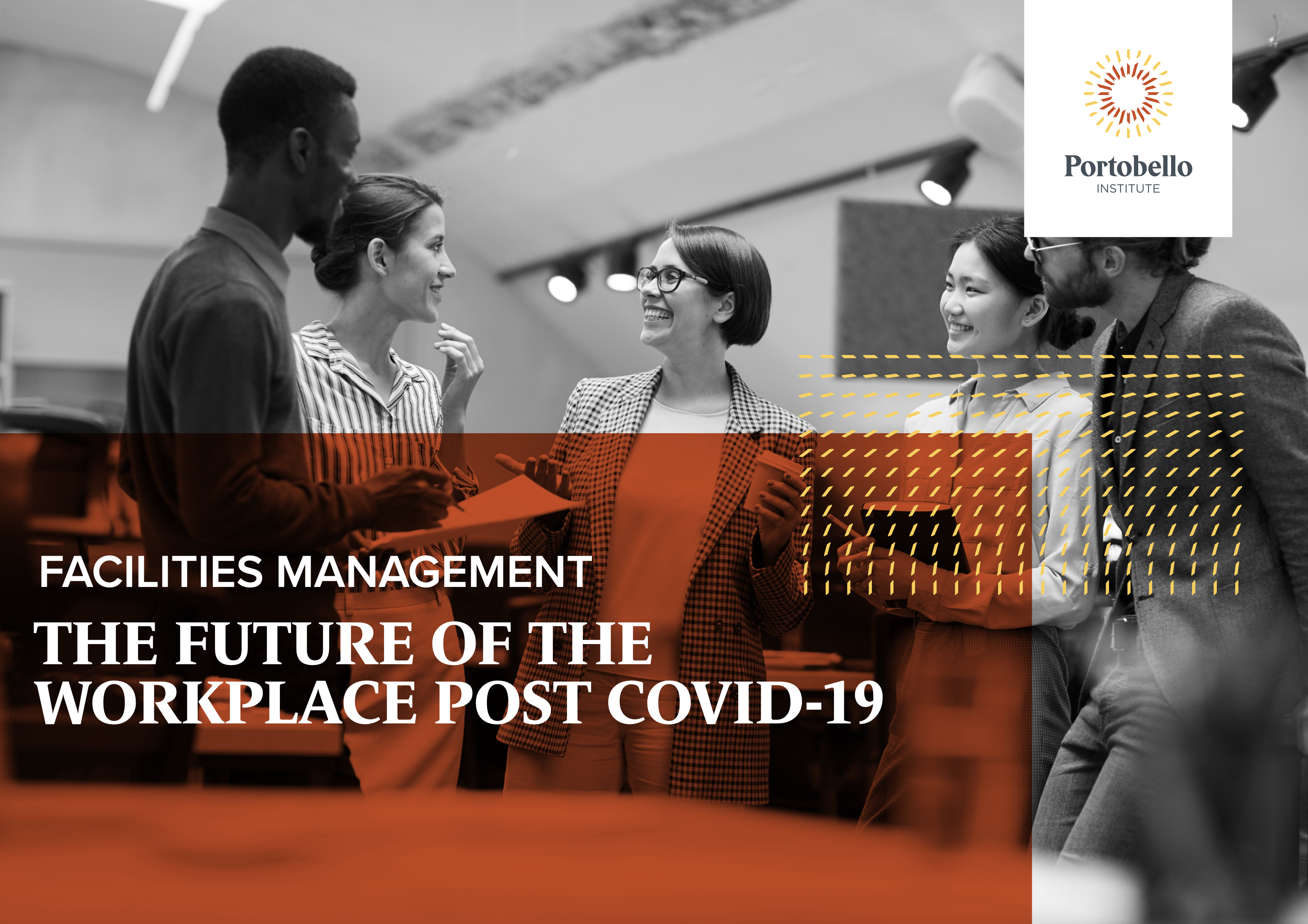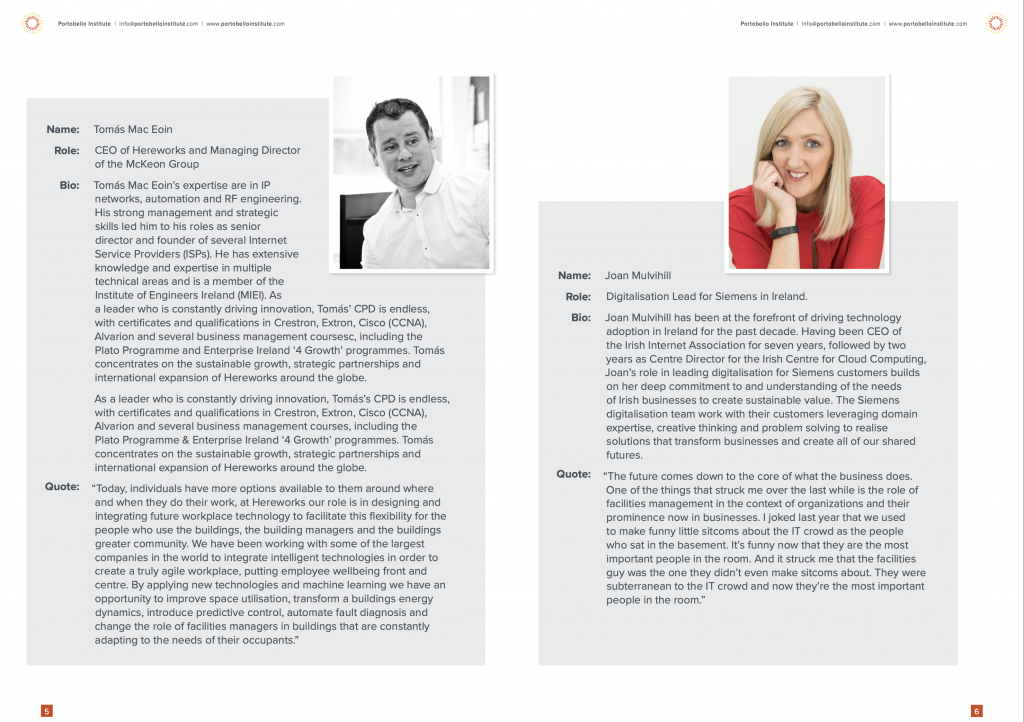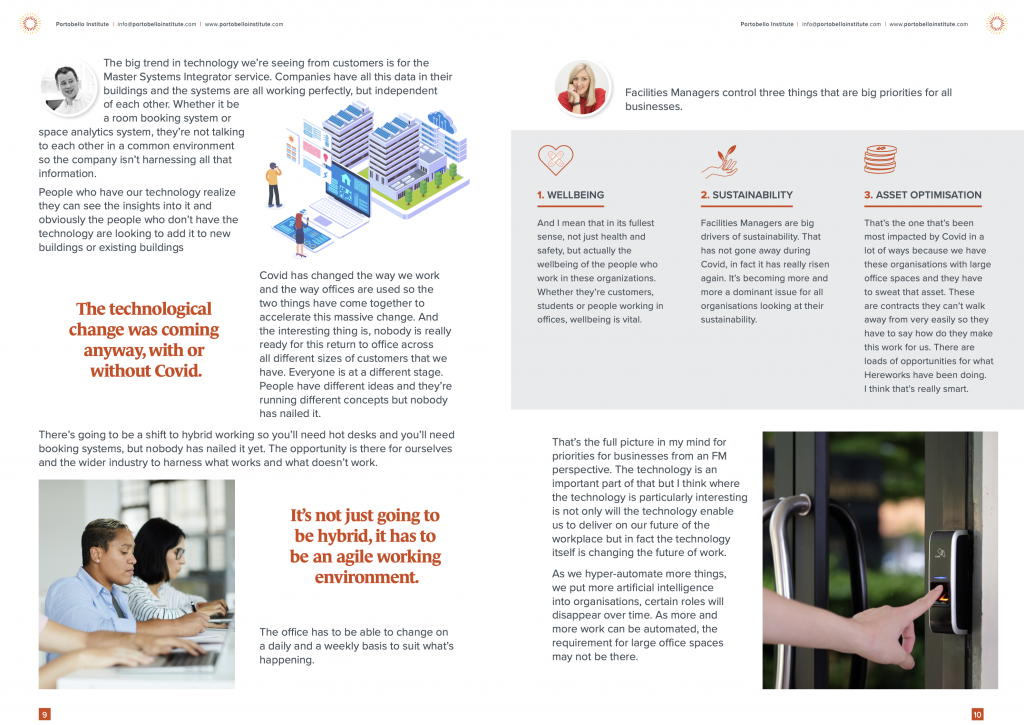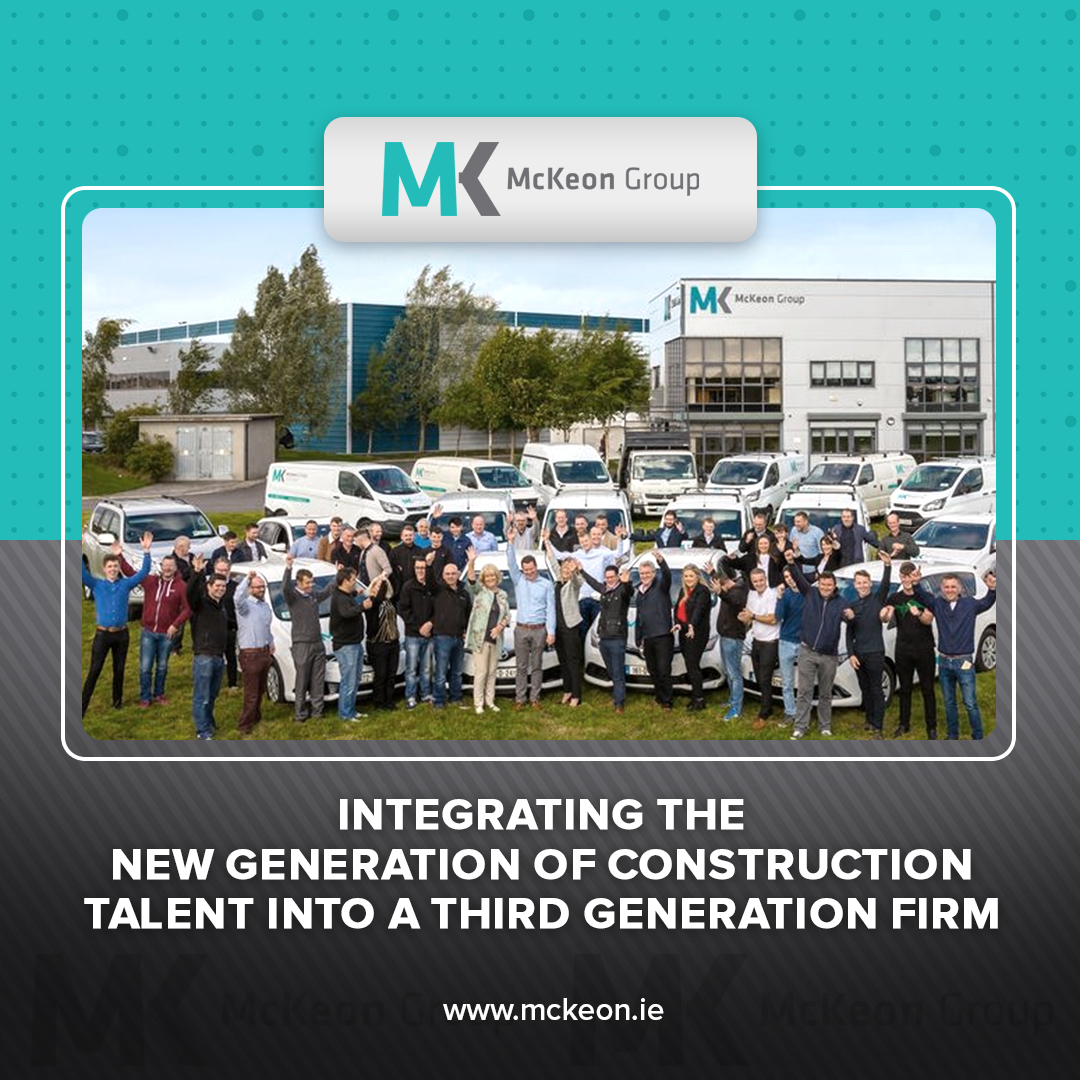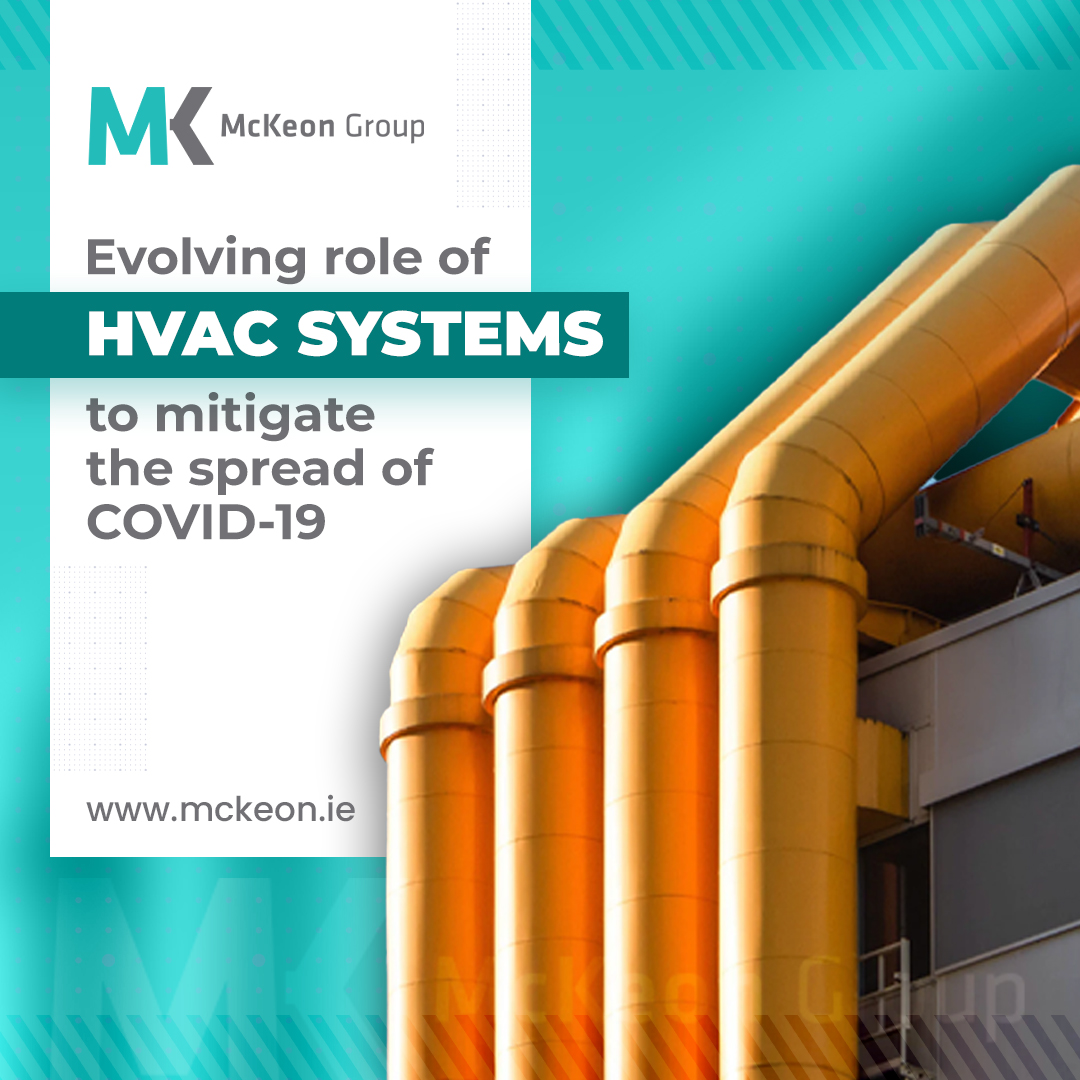Digital Transformation in Construction: Bringing all the team along
2020 was a big year for the McKeon Group team as we celebrated 70 years in business https://mckeon.ie/mckeon-group-celebrates-70-years-in-the-industry/. Originally established by Tom McKeon back in 1950, McKeon Construction started life as one man and his van. From making bricks to crafting his own hand tools, Tom was an innovator whose work ethic and values are reflected in the company he founded, seven decades on.
Over the past 70 years, McKeon Group has grown into a third generation, multi-million euro construction contractor in the education, residential and commercial sectors. In 2011, the mechanical division was founded and McKeon Group was formed. By that time, McKeon Construction had already developed a technology and electrical division and was well positioned to extend the services available to clients, with a focus on innovation. In fact, last year McKeon Group was approved as a registered training provider with Engineers Ireland, offering an exciting and thought-provoking CPD ‘Innovate Together’ to clients and colleagues across the construction industry. You can find more information about this CPD offering here: https://mckeon.ie/new-cpd-innovate-together/
The early adoption of emerging technologies for the industry has played a huge role in the successful scaling of the business. Speaking to construction technology provider Pipedrive recently, Sales & Marketing Director Paul McKenna explained “Our USP is the completion of complex projects in live environments. With that end-to-end technical skillset of a construction division, mechanical services, electrical services, there’s a minor works team, and the technology division is a separate company now called Hereworks—automation, smart buildings and more”.
Of course, digital transformation in any industry is about so much more than technology – its ultimate success always comes down to people. The most important asset of our business is the people, many of whom have been with us for decades. As the construction industry finds itself in the midst of a digital transformation (or revolution?) that has been massively accelerated as a result of Covid-19, the McKeon Group team is driving this transformation. With newly-qualified graduates working on projects alongside more established team members, we know first-hand the importance of being a progressive workplace that fosters a culture of shared learning and cooperation.
Culture is central to successful transformation
A digitally-focused company empowers the team to deliver faster and attracts the right talent from multiple disciplines. A truly successful digital culture, however, requires a workplace where everybody is open to innovation (even if they don’t agree on the methodologies!) and is ready to embrace the future. 70 years on and though much has changed for McKeon, the fundamentals remain true – a company is only as good as its people. A study by the Boston Consulting Group found that of 40 digital transformations, companies that focussed on a culture of collaboration were five times more successful than those that focused on other priorities. Integrating a new generation of talent is therefore vital to the long-term success of a forward-looking organisation.
Embracing Change
Central to the embracing of changing digital culture is demonstrating the value of new technology that can potentially transform how projects are undertaken. For example, data is already being used in construction to identify behaviour patterns amongst building teams to pinpoint pain points and possibly automate repetitive tasks. This sort of information requires interdisciplinary collaboration from the ground level up to gather machine-readable information and then convey the findings back to relevant teams. By allowing people with differing perspectives and differing levels of experience to collaborate on specific projects from the ground level up, entire companies learn to work together and embrace the benefits of transformation. Similarly, virtual and augmented reality is another exciting area of change for construction managers and site teams, who can observe projects remotely or visualize project changes on the fly. Immersive technologies for the built environment came into their own over the pandemic and they are crucial to the future of construction, however, its adoption on site depends entirely on a digital culture being fully embraced by everyone in the team.
A culture of learning
While the construction industry has historically had a less-than-stellar reputation for the uptake of digitalization, in the post-covid landscape the time is now right for integrating technology at a deep company level. We know from experience over the past number of decades that innovation is achieved through a collaborative attitude, with shared learning at its heart. Therefore, all team members have a vital role to play in digital transformation as they are in a position to identify gaps in digital skills and identify opportunities for new and established employees to work together. In our experience, age or the number of years in the industry is not an accurate indicator of a person’s openness to new technologies, this invariably comes back to an individual having a growth mindset. Fortunately, a growth mindset is one of the characteristics we value most when recruiting new people to join our team!
Team-led collaboration encourages knowledge sharing in the workplace and builds confidence in trialling emerging technologies to a greater extent than management-led dictats. But a culture of learning isn’t simply something that is undertaken for a while and then overlooked. We understand that success and team satisfaction ultimately depends on a workplace encouraging the continuous sharing of ideas and knowledge from all team members.
Bringing the whole team along
The most important thing is to not leave anyone behind. While the future is most certainly digital, the established ways of doing things are still something that the next generation can learn from and integrate into a workplace culture going forward. Over the last 15 months, we have found that remote gatherings of employees can be a great way to encourage this workplace culture of collaboration and connectivity. By having all team members come together and share ideas everyone gets to share perspectives and feel comfortable learning from each other. The one positive side effect of such an unprecedented crisis as that faced by the entire industry since March 2020, is that it calls for unprecedented solutions. Not all teams are comfortable with this, whereas at McKeon Group, innovation is in our DNA – quite literally.
About McKeon Group
Established in 1950 and ISO certified for more than two decades, McKeon Group offers expert construction, fitout and building services. The family-run Group delivers projects, services and maintenance across a range of sectors for State, local authority, FDI and private clients. For more information, contact: www.mckeon.ie


